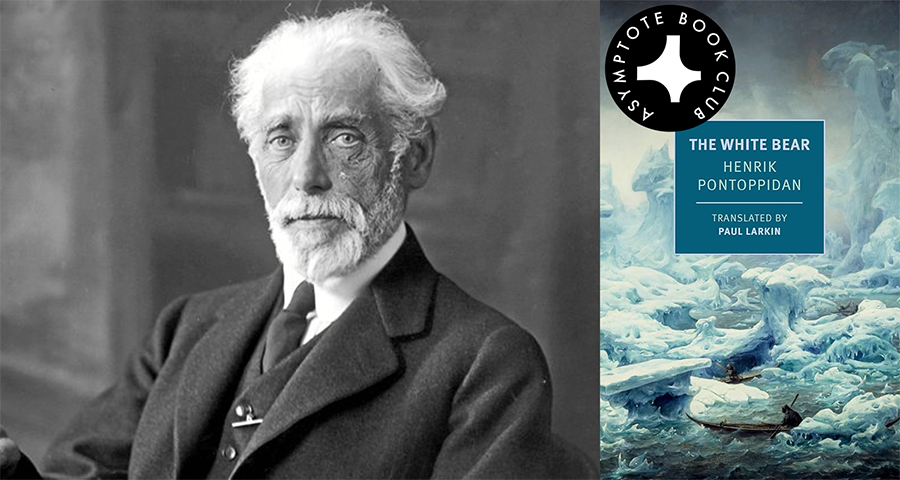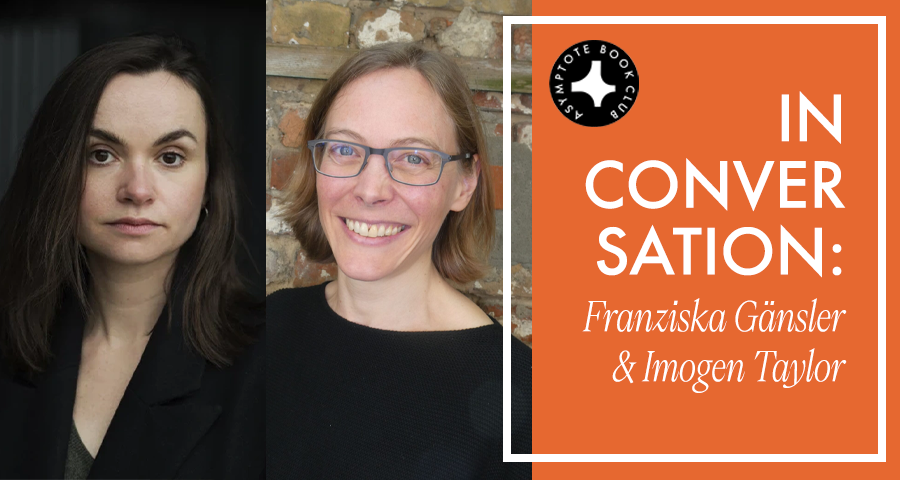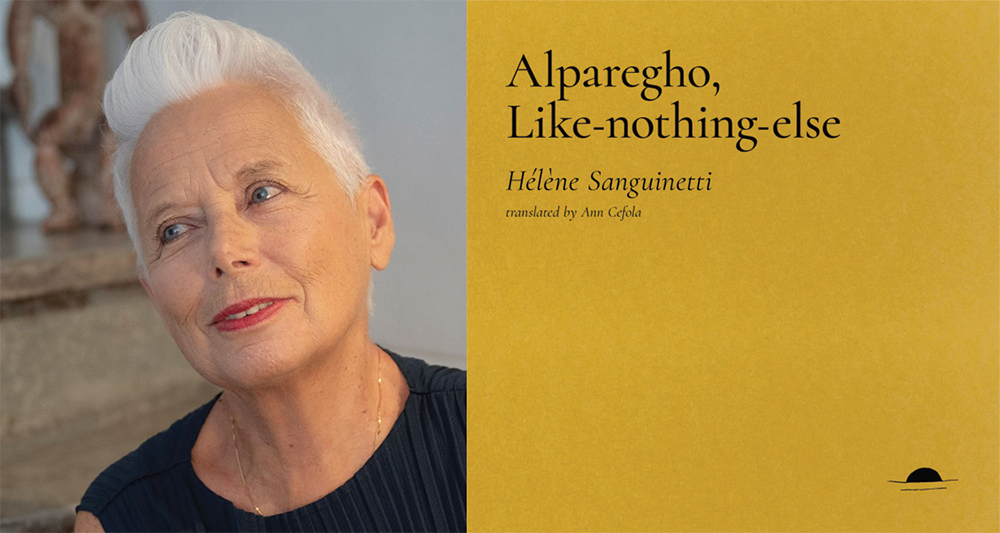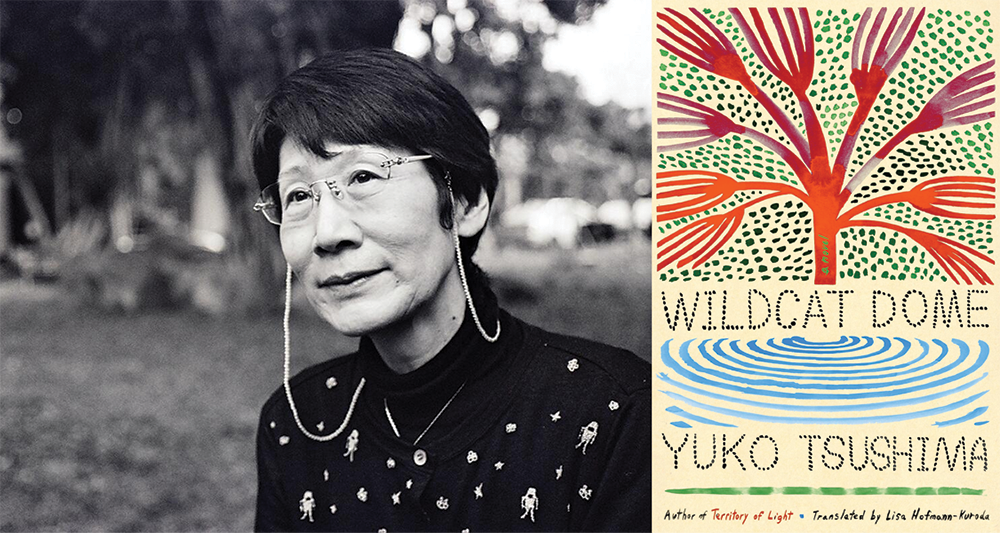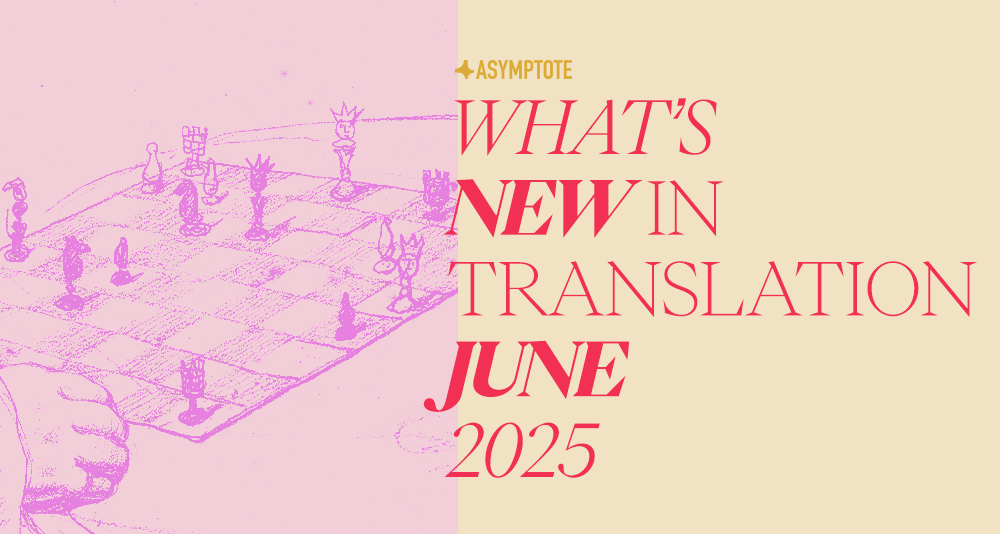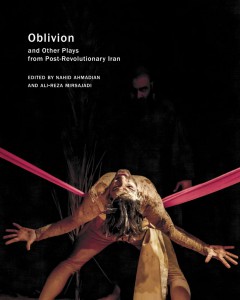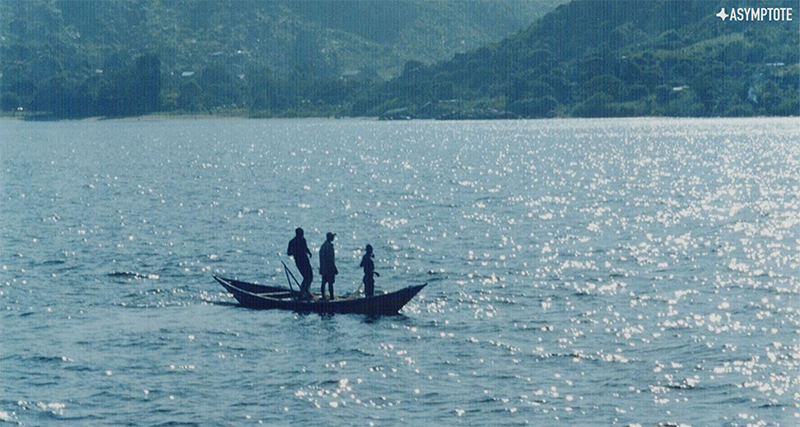For this week’s Translation Tuesday, we present to you a powerful essay by Italian-Rwandan author Marilena Delli Umuhoza, translated from the Italian by Monica Martinelli. A moment of casual racism in her daughter’s school play inspires the narrator to reflect on her own memories of bigotry as an African-origin woman growing up in 1990’s and 2000’s Italy. She traces how racial prejudice is passed down through children’s books, advertising, TV shows, and teachers; Black men and women depicted as criminals or sex objects, always, in some way, dirty. These tropes spill into modern immigration debates, where refugees are stripped of dignity, their suffering sensationalized: “And so there they were, those bodies, taking over my entire television screen without any respect for people in their most vulnerable moment: dead, naked, washed up on Italian shores.” Against this erasure, Delli Umuhoza insists on the significance of writing, of inscribing the truth of Black lives into history. Childhood racism leaves deep scars precisely because it is so pure; children, innocent yet perceptive, directly reflect the biases of society. Blending incisive cultural analysis with raw emotion, the essay makes clear why antiracist education must begin early.
A letter from an African-Italian mother
Last week I attended a musical at my daughter’s school. The show they put on was Around the World in Eighty Days, inspired by the movie recounting the adventures of Phileas Fogg.
After visiting European countries like France and Spain, welcomed by songs of joy and rather coquettish dancers, our hero comes to Africa. Welcoming him there is a person whose foolish way of speaking reminds me of the Italian dubbing actors in the film Gone with the Wind, with their mispronounced monosyllables in a typical “African” accent. I dug my nails into the fabric of my seat’s armrest, as I always do when I am nervous.
The journey continues toward the heart of Africa, where Fogg is chased by a group of Africans for unclear reasons (the acoustics were terrible and the representation pretty confusing). I thought to myself, I’m so glad they cut it. I was thinking of a scene that I had reported to the teacher six months earlier, after my daughter had come home in tears and asked me: “Mom, does grandma eat people?”
“Baby,” I replied, “what are you talking about? Of course not.”
“So why do they make us play African cannibals who eat Fogg at school?”
“What do you mean?”
“In the scene where he gets to Africa, we have to say, ‘Mmmm … It smells so tasty! What do you say, shall we cook him?’”
I was speechless. READ MORE…


